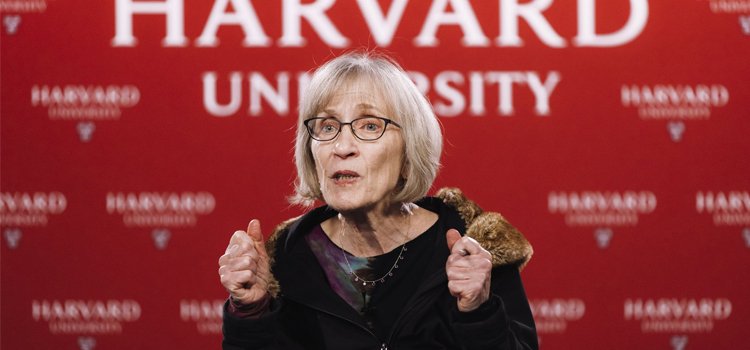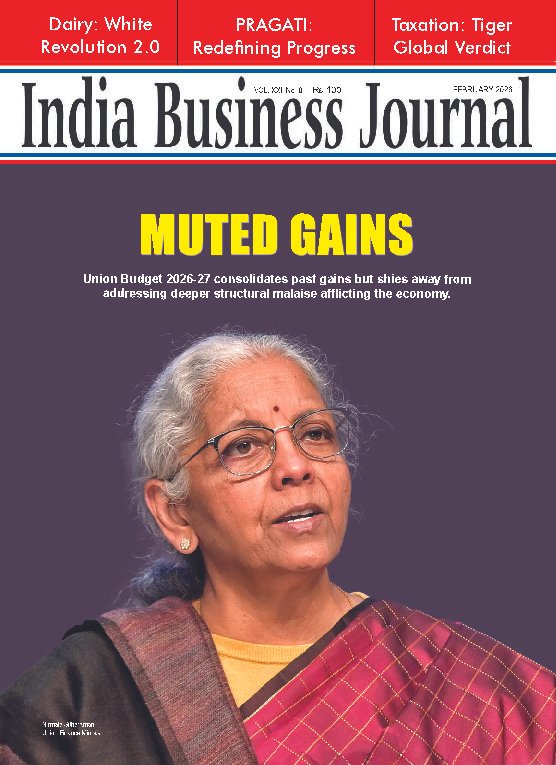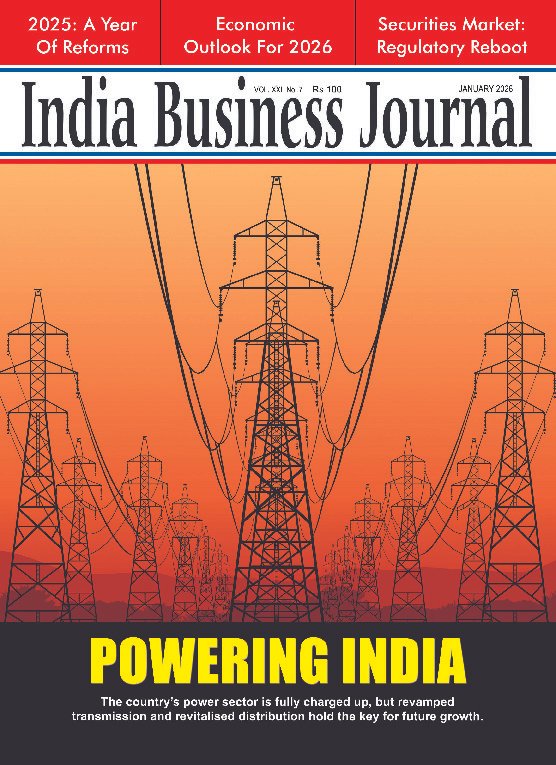AT THE HELM
AT THE HELM - Claudia Goldin, Economics Professor, Harvard University
- IBJ Bureau
- Dec 04, 2023

It was indeed a
path-breaking moment for both women and economics. Early October, Claudia
Goldin, an eminent economics professor of the Harvard University, was awarded
the Nobel Prize in economics for her research on women at work. Ms Goldin
became the third woman in history to win the Nobel for economics after Elinor
Ostrom in 2009 and Esther Duflo in 2019.
Besides, Ms
Goldin’s accolade is very special because she is the first woman economist to
win the Nobel solo, unlike her two predecessors who had to share the prize. Even
today, economics remains a heavily male-dominated field. For instance, only three
of the 92 economics Nobel laureates are women. Nobel for Ms Goldin is hence more
than significant, given the poor state of women’s representation across the
board.
Like elsewhere in
the world, women earn lesser than men in the US too. Ms Goldin set out with a
hypothesis that differences in education and occupational choices may explain
this gender gap. But her analysis of over 200 years of data from the US labour
market busted many myths about gender pay gap. The Harvard professor was able
to show that in many cases men were getting paid more than what women earned
even when both men and women held the same jobs in similar positions.
Her research went
on to prove that education and occupation could not be solely blamed for gender
pay disparity. Neither could social and economic factors alone explain the gap.
Instead, various other factors were at play, and motherhood was one of the
major determinants.
Armed with tonnes
of data, the economics professor demonstrated how motherhood impeded career
progression and earning among women. Women had no choice but interrupt their
careers or reduce their hours of work during their maternity period. Even when
those women returned to work, they had a lot of catching up to do with their
male colleagues, who had been promoted with higher pay packages.
A related research
threw up the “power of the pill” or the contraceptive pill, which has been
helping in reducing the gender gap ever since it was legalised in the US in the
1970s. The pill has facilitated women to delay their marriage and motherhood,
pursue higher education and take up jobs similar to those of men.
Interestingly, her
amazing ascendency in the world of economics would not have happened if she had
not signed up for economics at college by a sheer, pleasant accident.
Fascinated by microbes, young Goldin entered Cornell University to study
microbiology. But a class of eminent economist Alfred Kahn that she attended
drew her to economics. After graduating in economics from Cornell University, she
also earned her PhD in industrial organisation and labour economics from
University of Chicago in 1972.
She joined as an
assistant professor at University of Wisconsin, Madison and then moved to
Princeton University and later to University of Pennsylvania. In 1990, Ms
Goldin shattered the glass ceiling by becoming the first woman to gain a
tenured professorship in Harvard University’s economics department.
The world has, in the meanwhile, made immense
progress across diverse fields. Yet women, who constitute half of humanity,
continue to lag behind men with gender discrimination still a reality. Ms
Goldin’s fascinating research could dispel this darkness and help bridge the
irrational gap.





















Report By
View Reporter News